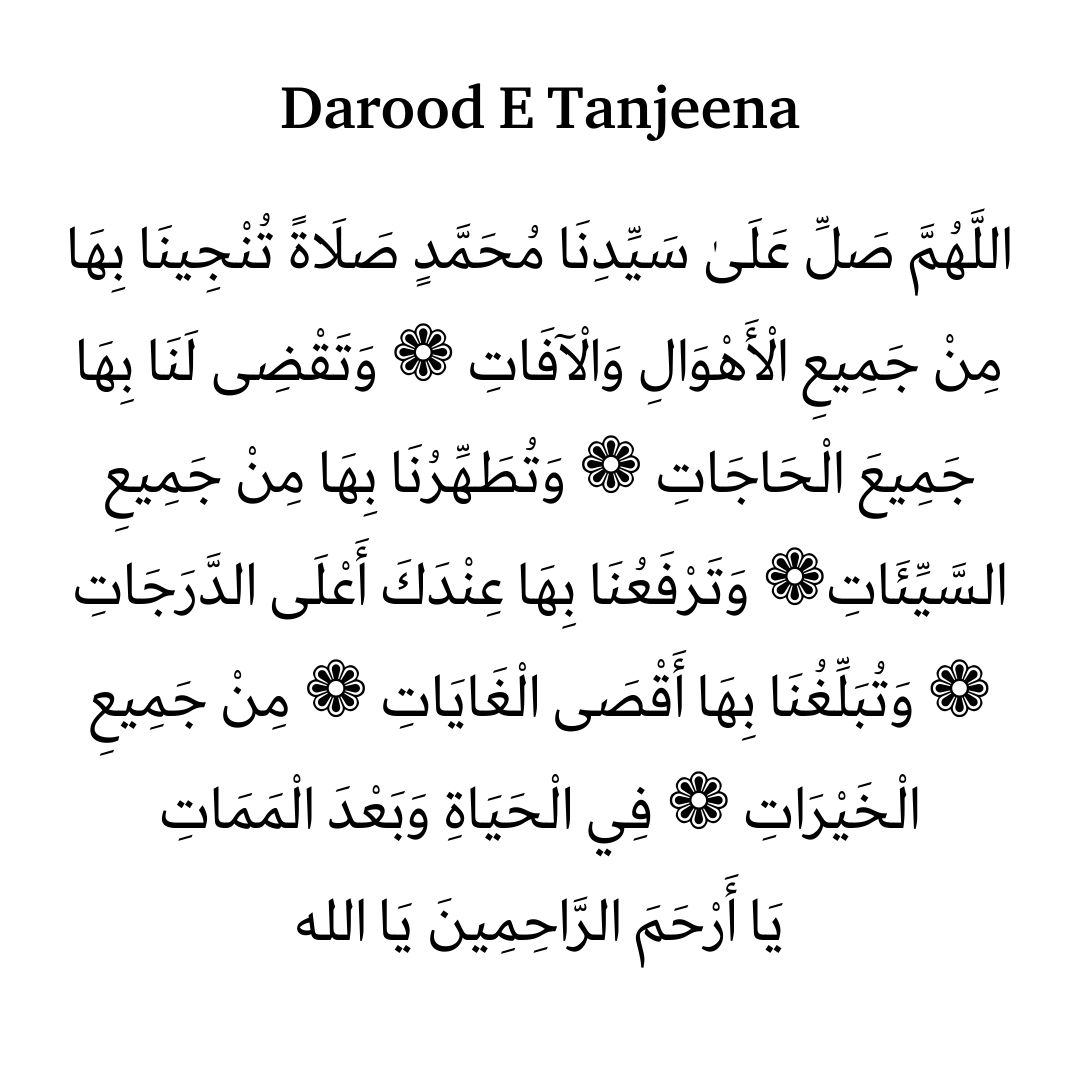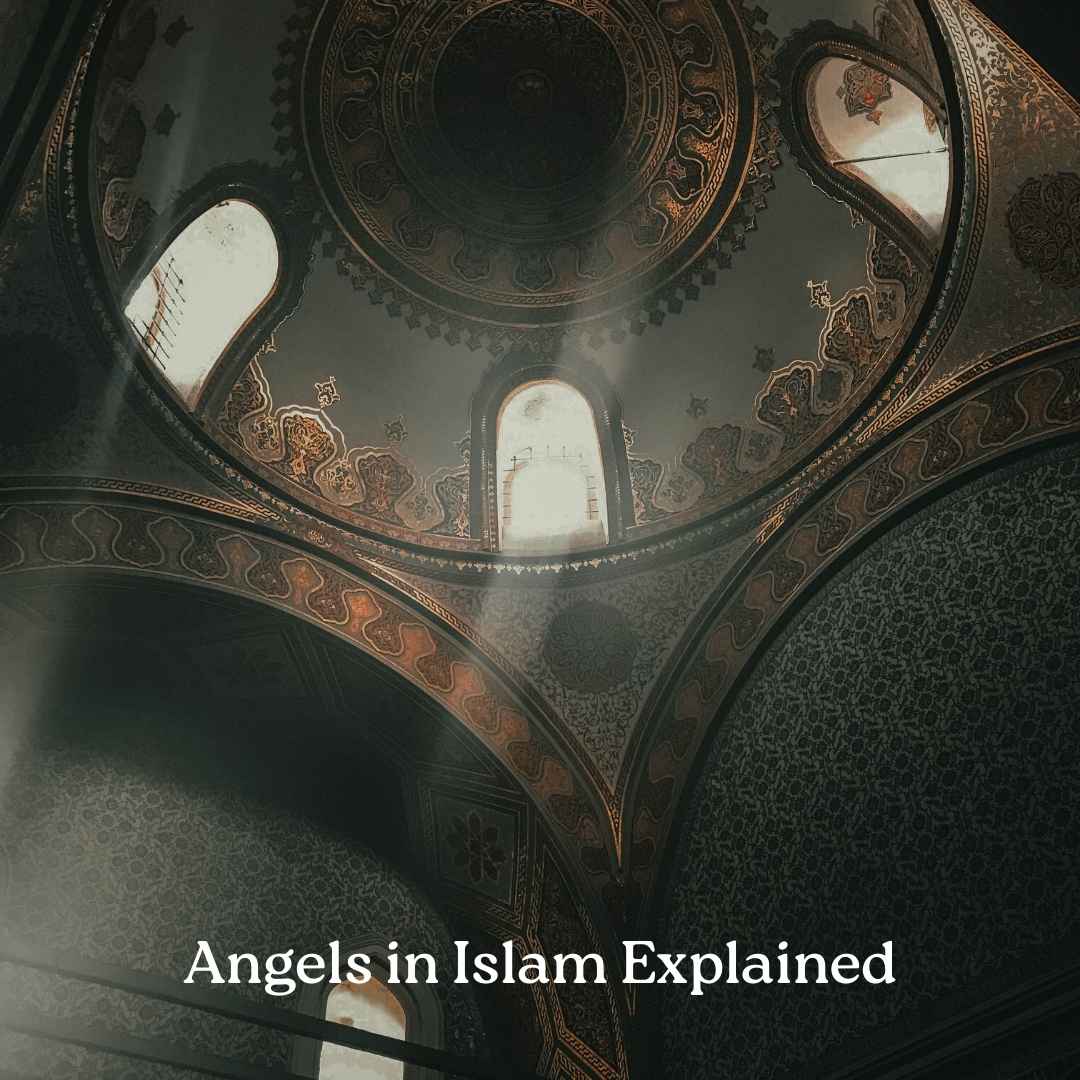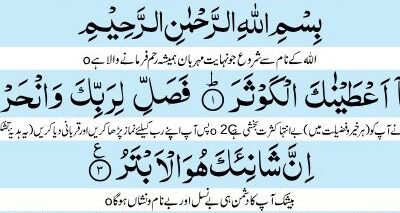Blog
Darood Tanjeena

Blog
Angels in Islam Explained

Belief in angels is a core pillar of Islamic faith (Iman). In Islam, angels are real, unseen beings created by Allah who carry out His commands with absolute obedience. They are neither divine nor symbolic; rather, they are a distinct creation mentioned repeatedly in the Qur’an and explained through authentic Islamic teachings.
Allah says:
“The Messenger has believed in what was revealed to him from his Lord, and so have the believers. All of them have believed in Allah, His angels, His books, and His messengers.”
(Qur’an 2:285)
Without belief in angels, a person’s faith is incomplete. Understanding angels helps Muslims comprehend how Allah governs the universe, records human deeds, delivers revelation, and executes divine justice.
What Are Angels in Islam?
In Islam, angels (Arabic: Mala’ikah) are created beings of Allah made from light. They exist in the unseen world (Al-Ghayb) and perform specific duties assigned by Allah.
Allah describes angels as beings who:
“Do not disobey Allah in what He commands them but do what they are commanded.”
(Qur’an 66:6)
Key Characteristics of Angels
According to Islamic belief:
- Angels are created by Allah, not divine
- They are sinless and never disobey Allah
- They do not eat, drink, marry, or reproduce
- They are invisible to humans unless Allah allows
- Each angel has a specific role
- They constantly worship Allah
Why Belief in Angels Is Essential in Islam
Belief in angels connects a Muslim to the unseen system of divine accountability. Angels:
- Record every human action
- Deliver Allah’s revelations
- Protect believers by Allah’s command
- Carry out punishment and mercy
- Welcome souls at death
Allah says:
“Indeed, over you are guardians, noble and recording; they know whatever you do.”
(Qur’an 82:10–12)
This awareness builds taqwa (God-consciousness) and moral responsibility.
Creation of Angels According to Islam
The Qur’an does not specify the exact moment of angelic creation but confirms they were created before humans.
Allah says:
“And when your Lord said to the angels, ‘Indeed, I will place upon the earth a vicegerent.’”
(Qur’an 2:30)
This verse confirms angels existed before Adam عليه السلام and were present during humanity’s creation.
Major Angels in Islam and Their Roles
Islam teaches that some angels have major universal responsibilities, while others serve specific functions.
Angel Jibreel (Gabriel) – The Angel of Revelation
Jibreel عليه السلام is the most honored angel in Islam. His primary duty is delivering revelation from Allah to His messengers.
Allah says:
“Say, whoever is an enemy to Jibreel – it is he who has brought the Qur’an down upon your heart by permission of Allah.”
(Qur’an 2:97)
Roles of Jibreel:
- Delivered the Qur’an to Prophet Muhammad ﷺ
- Communicated Allah’s commands to prophets
- Supported prophets during critical moments
Angel Mika’il (Michael) – Provider of Sustenance
Mika’il عليه السلام oversees natural processes such as rain, crops, and sustenance by Allah’s command.
“Whoever is an enemy to Allah and His angels and His messengers and Jibreel and Mika’il – then indeed, Allah is an enemy to the disbelievers.”
(Qur’an 2:98)
Angel Israfeel – The Blower of the Trumpet
Israfeel عليه السلام will blow the trumpet signaling the Day of Judgment.
“And the Trumpet will be blown, and whoever is in the heavens and whoever is on the earth will fall dead, except whom Allah wills.”
(Qur’an 39:68)
Angel Malak-ul-Maut – The Angel of Death
The Angel of Death is responsible for taking souls at their appointed time.
“Say, the Angel of Death who has been entrusted with you will take your soul.”
(Qur’an 32:11)
Recording Angels: Kiraman Katibin
Every human has two angels assigned to them:
- One records good deeds
- One records bad deeds
Allah says:
“When the two receivers receive, seated on the right and on the left.”
(Qur’an 50:17)
These records will be presented on the Day of Judgment.
Angels of Protection (Hafaza)
Some angels protect humans by Allah’s command.
“For him are successive angels before and behind him who protect him by the decree of Allah.”
(Qur’an 13:11)
Protection remains only as long as Allah wills.
Angels of the Grave: Munkar and Nakir
After death, angels question the soul in the grave about:
- Who is your Lord?
- What is your religion?
- Who is your Prophet?
This stage is part of the unseen accountability system.
Angels and Worship of Allah
Angels are in constant worship of Allah.
“They glorify Him night and day and never slacken.”
(Qur’an 21:20)
Some angels bow, some prostrate, others glorify Allah endlessly.
Angels and the Day of Judgment
On the Day of Resurrection, angels will:
- Stand in rows
- Bring forth Hellfire
- Welcome believers into Paradise
Allah says:
“And the angels will be on its sides, and eight will carry the Throne of your Lord that Day.”
(Qur’an 69:17)
Difference Between Angels, Jinn, and Humans
| Creation | Free Will | Created From | Accountability |
|---|---|---|---|
| Angels | No | Light | Obedience only |
| Jinn | Yes | Fire | Accountable |
| Humans | Yes | Earth | Accountable |
Can Humans See Angels?
Humans cannot normally see angels. However, Allah may allow angels to appear in human form.
“Then We sent to her Our angel, and he appeared before her as a well-proportioned man.”
(Qur’an 19:17)
Wisdom Behind Angels in Islam
Angels demonstrate:
- Allah’s perfect system
- Divine justice
- Mercy and punishment
- Accountability beyond human sight
They remind believers that nothing goes unnoticed.
Common Misconceptions About Angels
- Angels are not female
- Angels are not symbolic
- Angels do not share Allah’s power
- Angels are not worshipped
Allah says:
“They are but honored servants.”
(Qur’an 21:26)
Conclusion: Angels as Part of Islamic Faith
Belief in angels deepens faith, awareness, and humility before Allah. They operate silently yet powerfully within Allah’s divine order.
Blog
Who Is Prophet Muhammad ﷺ?

The question “Who is Prophet Muhammad ﷺ?” is one of the most searched and most misunderstood questions about Islam. For Muslims, Prophet Muhammad ﷺ is the final Messenger of Allah, sent as a mercy to all humanity. For those seeking to understand Islam, knowing who Muhammad ﷺ was—and what role he played—is essential to understanding the faith itself.
Islam teaches that Prophet Muhammad ﷺ was not divine, not an object of worship, and not the founder of a new religion. Rather, he was a human being chosen by Allah to deliver the final and complete message of guidance: the Holy Qur’an.
Allah states clearly:
“Muhammad is not the father of any of your men, but he is the Messenger of Allah and the Seal of the Prophets.”
(Surah Al-Ahzab 33:40)
Understanding Prophet Muhammad ﷺ correctly removes misconceptions and reveals the true nature of Islam as a continuation of divine guidance.
Who Was Prophet Muhammad ﷺ According to Islam?
Prophet Muhammad ﷺ was a messenger chosen by Allah to convey His revelation to humanity. Islam emphasizes that all prophets were human beings who conveyed the same core message: worship Allah alone and live righteously.
Allah says:
“Say: I am only a human being like you, to whom it has been revealed that your God is One God.”
(Surah Al-Kahf 18:110)
Prophet Muhammad ﷺ did not speak on his own authority when delivering revelation. His role was to convey, explain, and live the Qur’an.
The Meaning of the Name Muhammad ﷺ
The name Muhammad comes from the Arabic root ḥ-m-d, meaning to praise. Muhammad means “the one who is praised repeatedly.” This meaning aligns with Allah’s mention of him in the Qur’an as one whose character and mission are worthy of recognition.
Allah says:
“And We have raised for you your mention.”
(Surah Ash-Sharh 94:4)
This verse signifies that Allah Himself elevated the remembrance of Prophet Muhammad ﷺ across generations.
Prophet Muhammad ﷺ Was Chosen by Allah
Prophethood is not achieved through effort, lineage, or ambition. It is a divine selection.
Allah states:
“Allah chooses messengers from angels and from mankind.”
(Surah Al-Hajj 22:75)
Prophet Muhammad ﷺ was chosen to deliver the final revelation at a time when humanity needed a universal, preserved message.
Prophet Muhammad ﷺ and the Final Revelation
The defining mission of Prophet Muhammad ﷺ was to receive and convey the Qur’an, the final word of Allah.
“This Qur’an has been revealed to me that I may warn you and whomsoever it reaches.”
(Surah Al-An’am 6:19)
The Qur’an is not the words of Muhammad ﷺ; it is the direct speech of Allah, revealed to him for humanity.
“Nor does he speak from his own desire. It is only a revelation revealed.”
(Surah An-Najm 53:3–4)
Prophet Muhammad ﷺ as a Mercy to Humanity
One of the most powerful descriptions of Prophet Muhammad ﷺ in the Qur’an is that he was sent as mercy for all creation, not only Muslims.
Allah declares:
“And We have not sent you except as a mercy to the worlds.”
(Surah Al-Anbiya 21:107)
This mercy included guidance, justice, compassion, moral reform, and spiritual clarity.
The Character of Prophet Muhammad ﷺ in the Qur’an
The Qur’an praises the character of Prophet Muhammad ﷺ explicitly.
“And indeed, you are upon an عظیم (great) moral character.”
(Surah Al-Qalam 68:4)
His life demonstrated honesty, patience, humility, forgiveness, and trust in Allah. His character served as a living example of Qur’anic values.
Prophet Muhammad ﷺ Was a Warner and a Bearer of Glad Tidings
Allah describes the mission of Prophet Muhammad ﷺ as balanced—warning against wrongdoing and giving hope through guidance.
“O Prophet, indeed We have sent you as a witness and a bringer of good tidings and a warner.”
(Surah Al-Ahzab 33:45)
This balance is central to Islam: accountability alongside mercy.
Prophet Muhammad ﷺ Did Not Claim Divinity
Islam categorically rejects the idea that Prophet Muhammad ﷺ possessed divine qualities.
Allah commanded him to say:
“I do not tell you that I possess the treasures of Allah, nor that I know the unseen.”
(Surah Al-An’am 6:50)
He was a servant and messenger—nothing more, nothing less.
Prophet Muhammad ﷺ and Monotheism (Tawheed)
The central mission of Prophet Muhammad ﷺ was to restore pure monotheism.
“Say: O mankind, I am the Messenger of Allah to you all.”
(Surah Al-A’raf 7:158)
He called people away from idol worship, superstition, and injustice—toward exclusive worship of Allah.
Prophet Muhammad ﷺ as a Universal Messenger
Unlike previous prophets who were sent to specific nations, Prophet Muhammad ﷺ was sent to all humanity.
“We have sent you to all people as a bearer of good news and a warner.”
(Surah Saba 34:28)
Islam therefore transcends race, ethnicity, and geography.
Prophet Muhammad ﷺ and the Completion of Religion
With the mission of Prophet Muhammad ﷺ, Allah completed His guidance.
“Today I have perfected for you your religion and completed My favor upon you.”
(Surah Al-Ma’idah 5:3)
This verse establishes Islam as a complete and final system of guidance.
Prophet Muhammad ﷺ as an Example for Believers
Allah instructs believers to look to Prophet Muhammad ﷺ as a practical model.
“Indeed, in the Messenger of Allah you have an excellent example.”
(Surah Al-Ahzab 33:21)
This example applies to worship, ethics, patience, leadership, and daily life.
Prophet Muhammad ﷺ and Human Equality
Islam rejects racial and social superiority.
“O mankind, indeed We created you from male and female and made you nations and tribes so that you may know one another.”
(Surah Al-Hujurat 49:13)
Prophet Muhammad ﷺ conveyed a message of human dignity and equality under Allah.
Prophet Muhammad ﷺ and Justice
Justice was a central theme of his mission.
“Indeed, Allah commands justice and excellence.”
(Surah An-Nahl 16:90)
The Prophet ﷺ established moral accountability, fairness, and responsibility before Allah.
Prophet Muhammad ﷺ and Accountability in the Hereafter
The Prophet ﷺ consistently reminded humanity of the Hereafter.
“Every soul will taste death, then to Us you will be returned.”
(Surah Al-Ankabut 29:57)
His mission emphasized preparation for life after death.
Prophet Muhammad ﷺ Was Not a Coercive Figure
Faith in Islam is based on conviction, not compulsion.
“There is no compulsion in religion.”
(Surah Al-Baqarah 2:256)
Prophet Muhammad ﷺ conveyed the message clearly and left guidance to Allah.
Prophet Muhammad ﷺ and the Qur’an as Living Guidance
The Prophet ﷺ embodied the Qur’an in practice. His life demonstrated how divine guidance applies in real human circumstances.
“This is a Book We have revealed to you so that you may bring mankind out of darkness into light.”
(Surah Ibrahim 14:1)
Common Misconceptions About Prophet Muhammad ﷺ
- He was not worshipped
- He did not claim divinity
- He did not invent Islam
- He did not seek power or wealth
- He did not change divine revelation
The Qur’an corrects these misunderstandings clearly.
Why Prophet Muhammad ﷺ Matters Today
Prophet Muhammad ﷺ matters because his message addresses:
- Moral confusion
- Social injustice
- Spiritual emptiness
- Human accountability
“Indeed, this Qur’an guides to what is most upright.”
(Surah Al-Isra 17:9)
Conclusion: Who Is Prophet Muhammad ﷺ in Islam?
Prophet Muhammad ﷺ is the final Messenger of Allah, a human chosen to deliver the Qur’an, a mercy to all creation, and a living example of divine guidance—calling humanity to worship Allah alone and live with justice, mercy, and accountability.
Understanding him correctly is essential to understanding Islam.
Blog
Who Is Allah in Islam?

The question “Who is Allah in Islam?” is one of the most important and fundamental questions a human being can ask. Islam teaches that understanding Allah is the foundation of faith, the starting point of guidance, and the purpose of human existence.
In Islam, Allah is the One, Absolute, and Eternal God, the Creator of everything that exists. He is not exclusive to a particular nation, race, or language. Allah is the same God worshipped by Adam, Noah, Abraham, Moses, and Jesus (peace be upon them all), and His final revelation is the Qur’an.
Allah declares in the Qur’an:
“Indeed, I am Allah. There is no deity except Me, so worship Me.”
(Surah Taha 20:14)
To understand Islam correctly, one must first understand who Allah is, how He describes Himself, and what He asks from humanity.
The Meaning of the Word “Allah”
The word Allah is an Arabic term meaning “The One and Only True God”. It is not the name of a separate or new deity. It is linguistically derived from Al-Ilah, meaning “The God”, signifying absolute uniqueness.
Allah is not:
- A human
- A spirit inside creation
- A symbol or abstract force
- Limited by time or space
The Qur’an makes this clear:
“There is nothing like unto Him.”
(Surah Ash-Shura 42:11)
Allah is beyond comparison, beyond imagination, and beyond physical form.
Allah Is One: The Concept of Tawheed
What Is Tawheed?
Tawheed is the core belief in Islam — the absolute Oneness of Allah. It means that Allah is One in:
- His Lordship
- His right to be worshipped
- His names and attributes
Allah states:
“Your God is One God. There is no deity except Him, the Most Merciful, the Most Compassionate.”
(Surah Al-Baqarah 2:163)
This Oneness is not numerical only; it is absolute uniqueness. Allah has no partners, no equals, and no rivals.
Allah Is the Creator of Everything
Islam teaches that Allah alone created the universe, life, and everything within existence.
“Allah is the Creator of all things, and He is the Disposer of affairs.”
(Surah Az-Zumar 39:62)
Nothing exists independently of Allah. Every atom, galaxy, and soul exists by His will and knowledge.
“He created the heavens and the earth in truth.”
(Surah An-Nahl 16:3)
Creation itself is a sign pointing toward Allah.
Allah Is Eternal and Self-Sustaining
Allah has no beginning and no end. He does not depend on creation, while all creation depends on Him.
This reality is summarized powerfully in the Qur’an:
“Allah, the Eternal Refuge. He neither begets nor is born.”
(Surah Al-Ikhlas 112:2–3)
Allah is not subject to birth, death, aging, or decay. Time does not affect Him.
Allah Is Not Like His Creation
Islam strongly rejects any attempt to humanize Allah or liken Him to created beings.
“Vision perceives Him not, but He perceives all vision.”
(Surah Al-An’am 6:103)
Allah does not have:
- Physical form
- Gender
- Parents or children
- Weakness or limitation
The Qur’an declares:
“There is none comparable to Him.”
(Surah Al-Ikhlas 112:4)
The Names and Attributes of Allah
Allah has revealed His beautiful names and attributes so humans can know Him correctly — without distortion or imagination.
“And to Allah belong the Most Beautiful Names, so call upon Him by them.”
(Surah Al-A’raf 7:180)
Some of Allah’s attributes mentioned in the Qur’an include:
- Ar-Rahman – The Most Merciful
- Ar-Raheem – The Most Compassionate
- Al-‘Aleem – The All-Knowing
- Al-Qadeer – The All-Powerful
- Al-Hakeem – The All-Wise
- As-Samee’ – The All-Hearing
- Al-Baseer – The All-Seeing
Allah’s mercy is emphasized repeatedly:
“My mercy encompasses all things.”
(Surah Al-A’raf 7:156)
Allah Is All-Knowing
Allah’s knowledge is complete and perfect. He knows:
- The past, present, and future
- What is visible and hidden
- What is in the hearts of people
“Indeed, Allah is Knowing of all things.”
(Surah Al-Baqarah 2:231)
Nothing escapes His awareness:
“Not even the weight of an atom escapes Him.”
(Surah Saba 34:3)
Allah Is Most Merciful and Forgiving
One of the most repeated themes in the Qur’an is Allah’s mercy.
“Your Lord has decreed mercy upon Himself.”
(Surah Al-An’am 6:54)
Allah invites people to repentance, regardless of their past:
“Do not despair of the mercy of Allah.”
(Surah Az-Zumar 39:53)
In Islam, Allah is not distant or unreachable. He is near, responsive, and forgiving.
Allah Is Just and Fair
Allah is perfectly just. He never wrongs anyone.
“Allah does not wrong even the weight of an atom.”
(Surah An-Nisa 4:40)
Every soul will be judged fairly:
“And We will set up the scales of justice on the Day of Resurrection.”
(Surah Al-Anbiya 21:47)
Justice in Islam begins with Allah Himself.
Allah Is the Only One Worthy of Worship
Islam teaches that worship belongs exclusively to Allah.
“You alone we worship, and You alone we ask for help.”
(Surah Al-Fatihah 1:5)
Direct worship of Allah includes:
- Prayer
- Supplication
- Trust
- Love
- Fear
- Hope
Associating partners with Allah is strictly forbidden:
“Indeed, associating others with Allah is a great injustice.”
(Surah Luqman 31:13)
Allah Sent Guidance to Humanity
Allah did not leave humanity without direction. He sent guidance through revelation.
“We sent messengers as bringers of good news and warners.”
(Surah An-Nisa 4:165)
The final and preserved guidance is the Qur’an:
“This Qur’an guides to what is most upright.”
(Surah Al-Isra 17:9)
Allah and the Purpose of Human Life
According to Islam, the purpose of life is clear:
“I did not create jinn and mankind except to worship Me.”
(Surah Adh-Dhariyat 51:56)
Worship in Islam is not limited to rituals; it includes living ethically, justly, and responsibly according to Allah’s guidance.
Allah and the Hereafter
Belief in Allah includes belief in accountability after death.
“Every soul will taste death, then to Us you will be returned.”
(Surah Al-Ankabut 29:57)
Allah promises reward for righteousness and justice for wrongdoing:
“Whoever does good will see it, and whoever does evil will see it.”
(Surah Az-Zalzalah 99:7–8)
Allah Is Near to His Servants
Allah is not distant or detached.
“And when My servants ask you concerning Me, indeed I am near.”
(Surah Al-Baqarah 2:186)
Allah hears every prayer, even those whispered silently.
Common Misconceptions About Allah in Islam
- Allah is not exclusive to Arabs
- Allah is not a “different god”
- Allah is not harsh or unjust
- Allah does not need intermediaries
Islam teaches a direct relationship between the human being and Allah.
Why Knowing Allah Is Central to Islam
Knowing Allah leads to:
- Inner peace
- Moral clarity
- Purposeful living
- Hope and patience
- Accountability and humility
“Those who believe and whose hearts find rest in the remembrance of Allah.”
(Surah Ar-Ra’d 13:28)
Conclusion: Who Is Allah in Islam?
Allah in Islam is the One, Eternal, All-Powerful, All-Knowing, and Most Merciful Creator, worthy of worship alone, who guides humanity through revelation and judges with perfect justice.
Knowing Allah is the beginning of guidance and the key to success in this life and the Hereafter.
-

 Blog1 year ago
Blog1 year agoSurah Muzammil
-

 Blog10 months ago
Blog10 months agoSurah Yaseen
-

 Blog11 months ago
Blog11 months agoSurah Nasr
-

 Blog12 months ago
Blog12 months agoSurah Yaseen: The Heart of the Quran and Its Blessings
-

 Blog1 year ago
Blog1 year agoNazar Ki Dua
-

 Dua10 months ago
Dua10 months agoDua for Protection, Powerful Islamic Prayers for Daily Safety from Enemies and Evil
-

 Blog9 months ago
Blog9 months agoNazar Ki Dua by Prophet ﷺ
-

 Quran9 months ago
Quran9 months agoSurah Kausar
